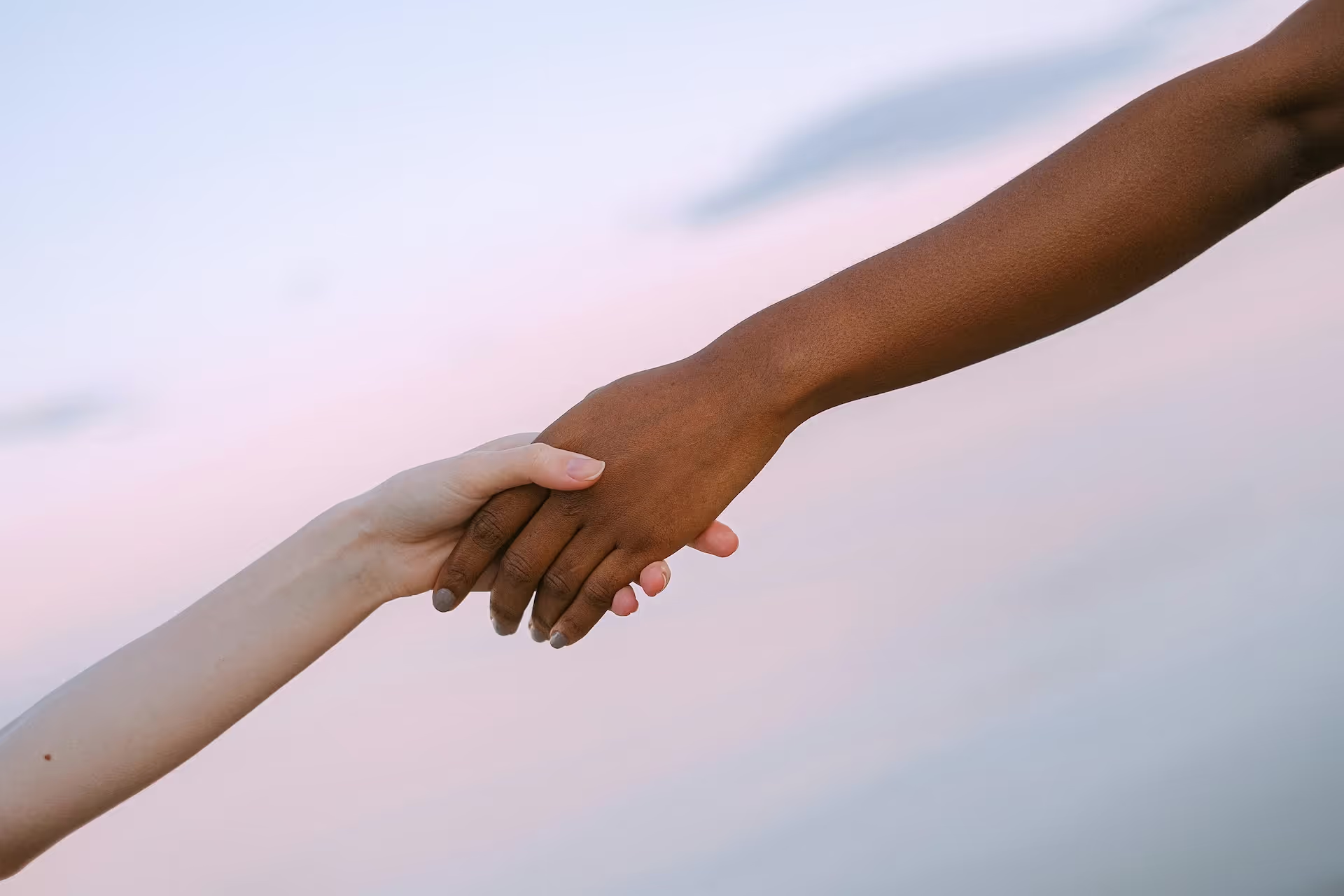This post is part of a series offering tips for finding culturally sensitive care for your identity or background. In the mental health field, we know that having the right therapist is essential for therapy to be helpful.
So how do you find the right therapist? One thing to look for is a therapist who you feel comfortable talking to–someone who “gets” you. This probably means they understand the things that are unique about you and your life experiences.
Most importantly, the right therapist tailors their therapy to fit your identity, culture, and values. This is called culturally sensitive care.
*****
See below for some general guidance on finding culturally sensitive care and specific information and resources for finding the right therapist if you’re a refugee. Refugees’ needs after arriving to the U.S. can span medical, mental health, legal, employment, and housing services. In this post, we focus on finding culturally sensitive mental health care for refugees.
We’ll update this post as we get more information and find new resources, so bookmark this page!
Unique mental health needs of refugees
Roughly 12,000 refugees resettled in the U.S. in 2021.1 The U.S. refugee community includes people from many countries with unique languages, customs, and needs. Each refugee’s journey to the U.S. is also unique, and may include stressors that increase risk for mental health concerns such as trauma, anxiety, and depression.2
If you are a refugee looking for mental health support, we recommend searching for a therapist who has experience working with refugees or immigrants. In addition, mental health clinics that offer wrap-around services or have connections to local refugee or resettlement agencies can provide you with more comprehensive support. For example, this support may include English as a Second Language classes, employment and housing opportunities, and legal services.
If you receive services from a refugee resettlement agency, just know that the agency’s services are usually time limited (e.g., 30 to 90 days after arrival to the U.S.). If you want to use longer term mental health supports, you can ask the agency for referrals in your community.
Can I get therapy in another language?
If you’re looking for therapy in a language other than English, things get a little trickier. You’ll have to make sure that you find a therapist that you can communicate with. Most therapists in the US only speak English.
Some mental health clinics and therapists working with refugees use a professional interpreter when they don’t speak their client’s language. The interpreter will likely be over the phone, translating what you and your therapist say to each other. It’s up to you if you are comfortable with having an interpreter in the room with you and your therapist.
Interview your therapist
One way to tell whether a therapist is culturally sensitive is to ask them a few questions before starting therapy. Think of this as a therapist “interview.” It’s normal to have some anxiety or worry about asking these questions.
You can ask these questions over the phone, by email, or in person.
We recommend trying to interview a potential therapist over the phone so you can hear their voice. If they charge for the first visit, this could also save you money if it turns out they weren’t a good match.
Some sample questions you could ask your therapist include:
- “How would you describe your experience treating clients who are refugees and share my identity?”
- “Describe your knowledge of safety risks related to my identity as a refugee?”
- “What is your practice’s position on the mental health impact of navigating oppression, racism, and racial violence?”
- “What is your practice’s position on the mental health impact of navigating multiple systems of oppression?”
(Thanks to our friends at Human Rights Campaign and Mental Health America for developing these questions!)
Remember: it’s not a guarantee that you’ll like working with the first therapist you find. Know your rights as a therapy client! Try out different therapists to see who you click with best and whose style you like.
Where to find the right therapist as a refugee
Below is a list of places where you can find a therapist who specializes in working with refugees. In addition to providing mental health services, many of these places also have medical care, legal services, employment programs, and housing support.
- SAMHSA Refugee Behavioral Health Resources (Nationally Available)
- HIAS (New York City)
- Weill Cornell Medical College Center for Human Rights (New York City)
You can also search our platform of affordable mental health services that specifically serve people who are refugees, immigrants, people of color, and/or other important aspects of your identity.

.avif)

.avif)
.avif)